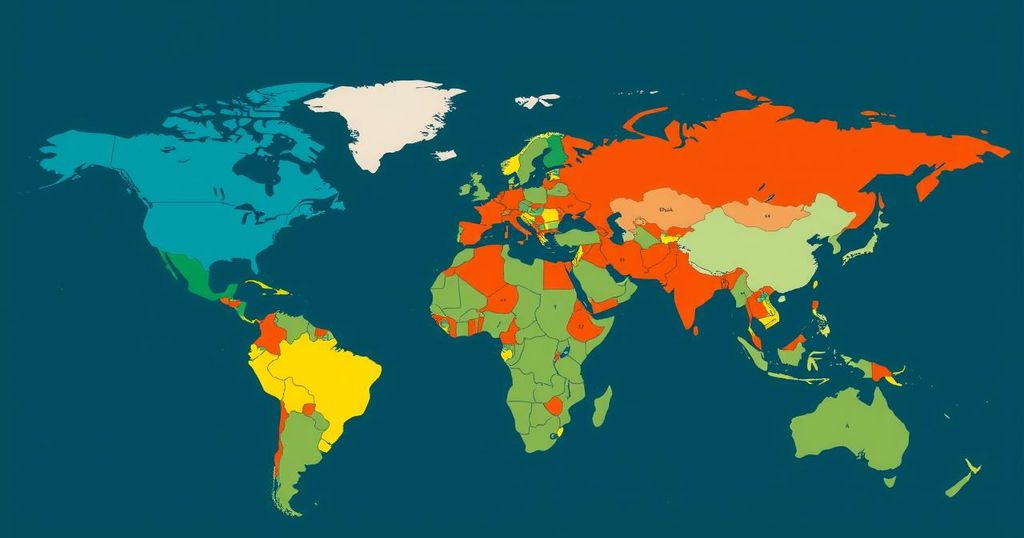Wealthier countries are beginning to provide financial compensation to low-income nations for climate change-related damage, exemplified by a $750 payment received by a Malawian farmer following Cyclone Freddy. Approximately $720 million has been pledged, but experts warn it is insufficient given the rising frequency of natural disasters. Negotiations at COP29 are ongoing to finalize the distribution process and identify the responsibilities of wealthier countries.
In the wake of Cyclone Freddy, which devastated southern Malawi, a new funding initiative to compensate low-income countries for climate change-induced damages has emerged. One recipient, Christopher Bingala, received approximately $750, enabling him to reconstruct his home after the flooding forced his family to seek refuge. This payment reflects a broader commitment, where richer nations aim to assist poorer ones that disproportionately suffer from the effects of climate change. Despite pledges totaling around $720 million, experts caution that such an amount is insufficient in light of the escalating severity of climate-related disasters. Negotiations continue at the COP29 summit in Baku, as wealthier countries seek to determine their financial responsibilities towards developing nations. With the need for loss and damage funding expected to rise dramatically in the coming years, advocates urge for a more robust response from nations responsible for the majority of greenhouse gas emissions.
The phenomenon of loss and damage funding addresses the financial repercussions suffered by developing nations due to climate change, to which they have contributed minimally in terms of greenhouse gas emissions. As natural disasters like hurricanes and droughts become more frequent and severe, these countries face ruinous economic burdens. The principle of compensating nations such as Malawi, which experienced unprecedented rainfall and disruption from Cyclone Freddy, is rooted in the acknowledgment that rich nations, primarily responsible for climate change, have an obligation to assist those less equipped to handle its impacts. This initiative not only provides immediate relief but also supports long-term recovery efforts in vulnerable regions.
The establishment of climate change compensation funds represents a crucial step towards addressing historical inequities in climate responsibilities. As the effects of climate change become increasingly dire, it is imperative for wealthier nations to fulfill their financial pledges and develop comprehensive strategies for supporting low-income countries. The future lies in collaboration and accountability, ensuring that vulnerable populations have the resources to rebuild and adapt to a changing environment. Ignoring these obligations risks exacerbating humanitarian crises that could have far-reaching impacts beyond national borders.
Original Source: www.wypr.org






